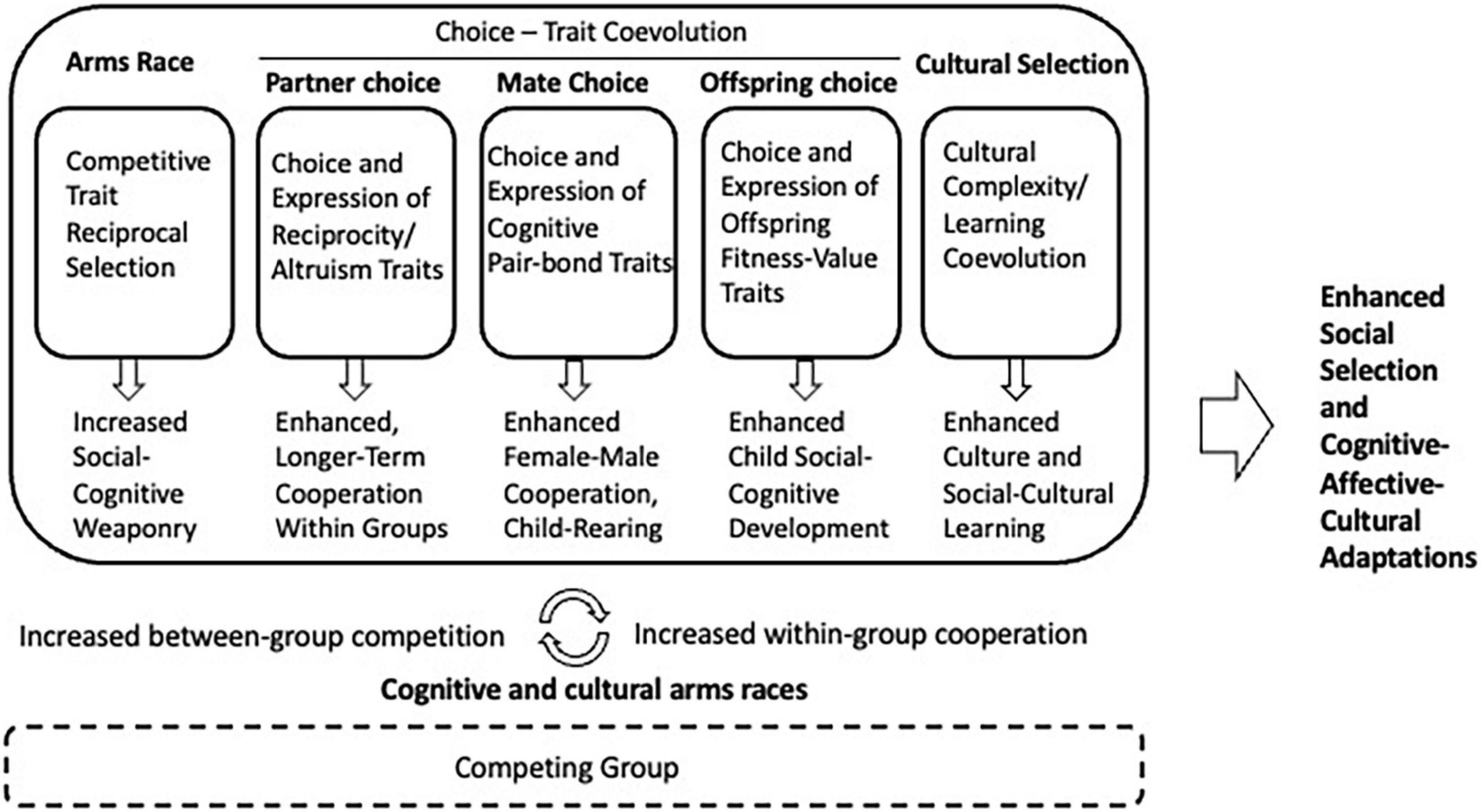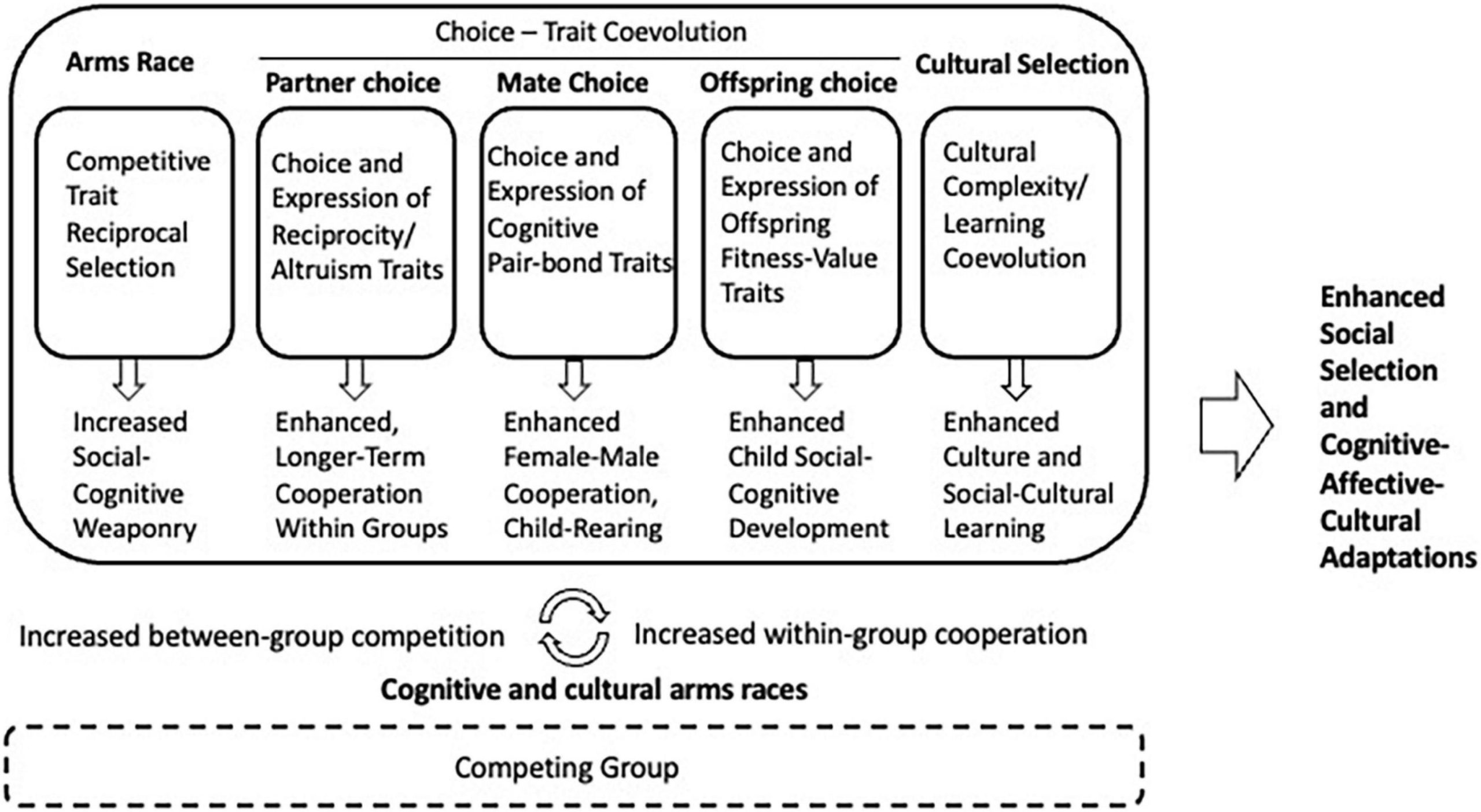
## Investigating Free Will with the Choice Engine: An Innovative Interactive Project
Following years of diligent effort and commitment, I am excited to share the launch of a project that thoroughly examines one of the most enduring and intriguing inquiries in human existence: *Do we genuinely possess free will?* This project, named **The Choice Engine**, offers an interactive, Twitter-driven essay that guides users through a contemplative exploration of psychology, neuroscience, and philosophy.
Facilitated by the Twitter bot [@ChoiceEngine](https://twitter.com/ChoiceEngine), this experience invites users to probe the intricacies of decision-making, challenge the essence of human freedom, and uncover whether choice is simply an illusion or an integral aspect of being human. If you wish to participate in this digital essay, follow and tweet to [@ChoiceEngine](https://twitter.com/intent/tweet?text=@ChoiceEngine%20START) with the message “START,” embarking on a journey where science and philosophy blend in an engaging and enlightening format.
### What is the Choice Engine?
At its essence, **The Choice Engine** represents an *interactive* methodology for academic exploration and profound philosophical questioning. Through this fluid engagement, users can traverse an essay that reveals intense discussions about free will—propelled by responses and choices made via the Twitter interface. Instead of a conventional article or textbook chapter intended for passive reading, it is structured as a dialogue, wherein you are an active contributor.
The aim is for individuals to deeply engage with the psychological and philosophical intricacies underlying our choices: Are they genuinely ours? Or are we, as humans, merely sophisticated biological entities functioning on autopilot?
### Free Will and the Neuroscientific Debate
A central theme of the essay revolves around a significant issue sparking endless debate: *Neuroscience and Free Will.* For decades, a particular experiment has been viewed as conclusive evidence that free will is merely an illusion. Conducted by neuroscientist Benjamin Libet in the 1980s, the research appeared to indicate that our brains initiate decisions milliseconds before we attain conscious awareness of them. In essence, the act of moving your hand had already been unconsciously triggered before you perceive that you “decided” to do so.
Nevertheless, in **The Choice Engine**, I contend that this renowned experiment may not convey as much as is often believed. There exists more depth, complexity, and unresolved inquiries at the crossroads of mind and brain than this frequently misinterpreted experiment implies. By engaging with the Twitter bot, you will discover these insights and investigate counterarguments, ethical considerations, and conceptual alternatives in the persistent discussion regarding free will.
### The Case of the Wasp: A Darwinian Dilemma
A particularly striking narrative featured in the essay concerns a rather unusual wasp, *Ampulex compressa*, which caused Charles Darwin to question the existence of a benevolent deity. This wasp displays a behavior that can be unsettling to human perceptions—injecting venom into the nervous system of cockroaches to immobilize them while keeping them alive as nourishment for their larvae.
To Darwin, this gruesome yet mechanically precise behavior exemplified the unfathomability of nature’s cruelty, inciting uncertainty in his beliefs. But how does this connect to free will? In **The Choice Engine**, this account underscores the more sinister aspect of nature’s predetermined existence. Life can be calculated, stark, and lacking in choice—at least for certain species—and this prompts contemplation: Are humans any different? Through various decision points in the essay, you’ll engage with this notion and assess how particular facets of nature may challenge our perceptions of human autonomy and moral responsibility.
### The Role of Complexity in Choice
A primary theme that surfaces while you explore the essay is the interconnected nature of choice and complexity. Many discussions about free will tend to assume that choices are binary or singular processes—“this or that.” However, in truth, the cognitive mechanisms governing our decisions are vastly more intricate and swayed by numerous factors, from neurological impulses to past experiences and the surrounding environment.
The objective of **The Choice Engine** is to highlight and enhance this complexity, questioning the traditional, simplistic view of free will and guiding readers (or rather, participants) toward a more nuanced understanding of human agency. Our lives and decisions are influenced by countless variables we are often unaware of, yet we persist in seeking ownership over our actions. Whether we succeed in achieving that ownership is a question the essay will leave you contemplating long after you’ve completed it.
### How to Participate
To embark on the enlightening journey of **The Choice Engine**, all you require is a Twitter account and a sense of curiosity. Simply follow [@ChoiceEngine](https://twitter.com/ChoiceEngine) and send a tweet with “START” to commence the conversation.
